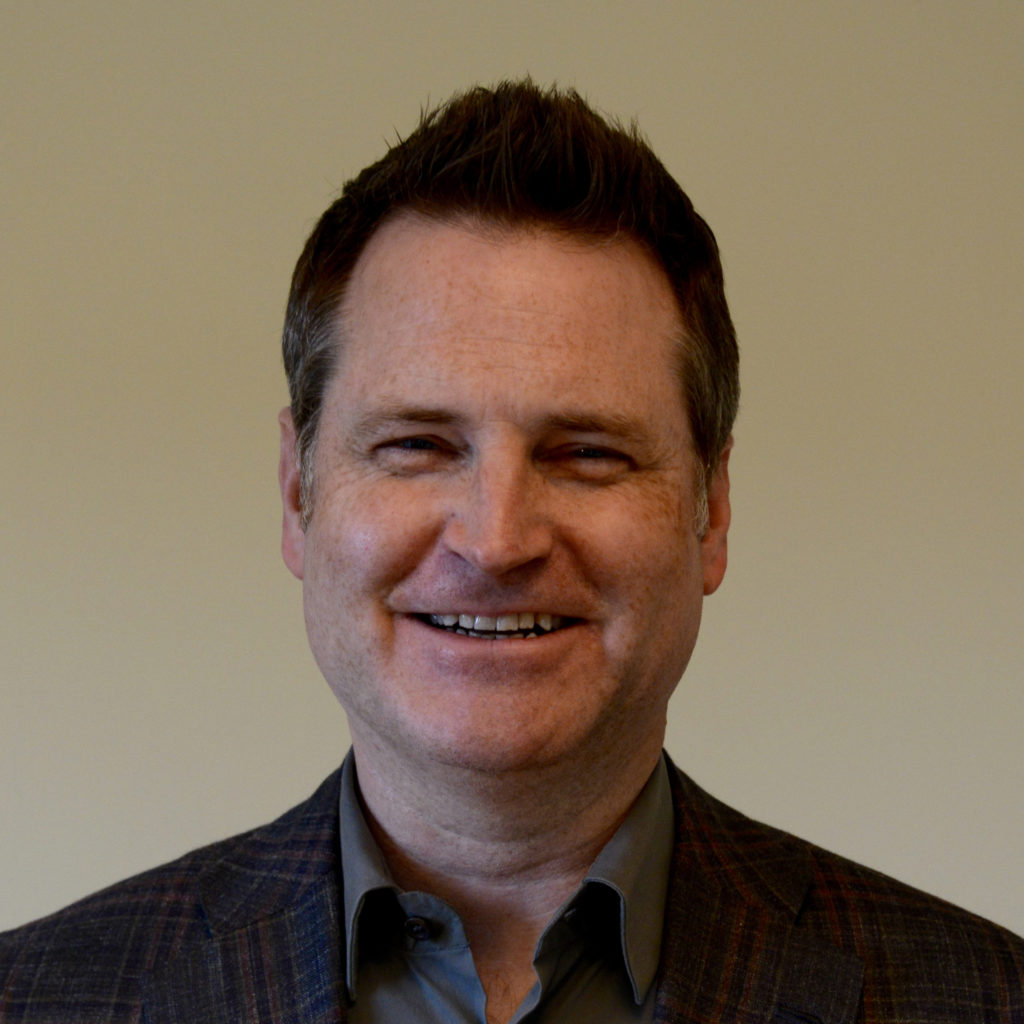My approach to psychotherapy is psychodynamic and relational. Psychodynamic theories hold that the past informs the present, often setting the template for unconscious patterns of thought, behavior, and relating to others that impact our current relationships, as well as our ability to be productive and fulfilled in our lives. When we become aware of such patterns and make the unconscious conscious, we achieve more control over our thoughts, feelings, and behaviors. Relational theories suggest that we can understand and change problematic relational patterns, often the product of early experiences, by identifying them and paying close attention to their current manifestations, including how they may play out between patient and therapist in the consulting room.
Developing insight and experiencing new ways of being in relationship can lead to increased intellectual and emotional flexibility, healthier relationships, and richer, more satisfying lives.
I draw on other approaches in my work, including cognitive and behavioral techniques, when appropriate. Sometimes providing symptom relief is more important, in the short term, than achieving understanding or insight about a particular problem. I may also refer you to other health care providers as indicated.
In addition to having my own ideas about how to approach your presenting concerns, I will be very interested in yours, and particularly in what you have found helpful in the past. I will want to hear from you about how you are experiencing our work.
My practice focuses in particular on relationship patterns and problems; issues of identity and self-concept; grief, loss and mourning; life transitions; existential concerns; longstanding personality difficulties; depression; and anxiety. My approach is best suited to those interested in exploring and understanding their life events, relationships, and challenges more deeply.



